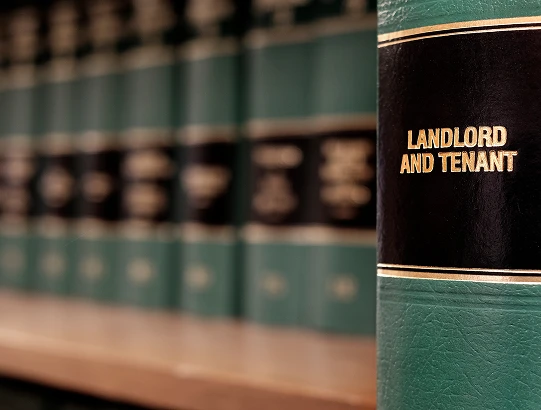
The UK government is introducing sweeping reforms that will affect all landlords. From the removal of Section 21 to mandatory property registration, staying ahead of these changes is crucial. Our expert team is here to guide you through the updates and help you remain compliant while maximising your rental returns.

Landlords surveyed have concerns about the Renters' Rights Bill
Landlords trust us with their properties
Staff trained on the Renters' Rights Bill by industry body Propertymark
On 28th October 2025, the Renters’ Rights Bill was passed into law. The incoming changes under the new Act will mean more complexity and compliance for landlords. Some of the main topics are explained in detail in articles across our website. These articles will be updated as more information on the various changes is announced:

The government is replacing fixed-term Assured Shorthold Tenancies (ASTs) with a new system of periodic tenancies.
Key Changes:

Section 21 of the Housing Act allowed landlords to evict tenants without giving a reason. This will no longer be possible.
Key Changes:

Stricter Rules & Longer Notice Periods. Some of the rules for evictions under Section 8 are changing. Landlords now face stricter notice periods and clearer grounds for possession.
Key Updates:

New Minimum Requirements for Rental Properties. Stricter regulations will apply to rental homes. Landlords must meet higher standards for property conditions, or they risk penalties.
Key Changes:

There will be changes to how landlords handle pet requests and tenant rights.
Key Changes:

Mandatory Registration for ALL Landlords. New regulations will require all landlords to register their properties and join an official redress scheme.
Key Changes:

Fines for Non-Compliance Increased to £40,000 Councils can already fine a landlord up to £30,000 without having to go to court. The Renters’ Rights Act is raising this to £40,000 and extending the types of non-compliance that can be penalised via civil penalties.
Key Changes:

Key Changes to Rent Increases
Under the new Act, new regulations will limit when and how landlords can raise rent.
Currently, there are three ways landlords can make a rent increase:

We've been working hard to ensure our landlord's stay compliant with the incoming Renters' Rights Act, with over 2,400 of our staff being trained by industry experts Propertymark. Our Renters' Rights Health Check covers; tenancy documentation, deposit compliance, safety certificates and legal standards, property condition & repairs, licensing and maximising your revenue. Change can be daunting, but if you have any questions call on us.

We are able to give you expert advice on a case by case basis. Complete the form and a local expert will be in touch.